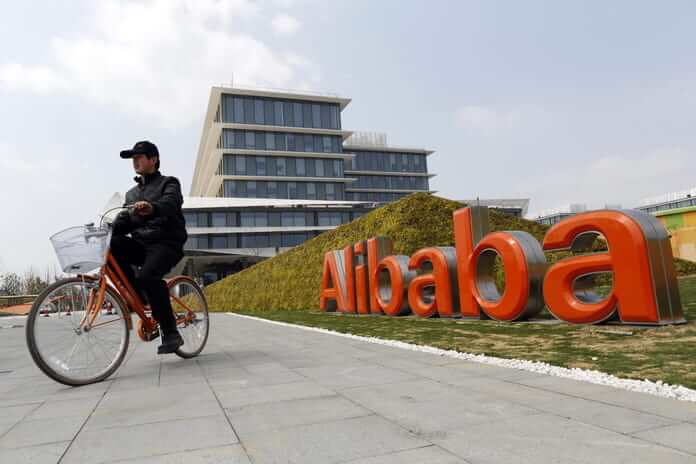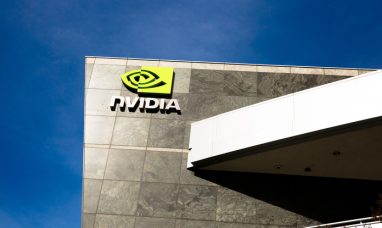The SEC added Alibaba (NYSE:BABA) to the list of businesses facing delisting from American exchanges for failing to comply with the Holding Foreign Companies Accountable Act a few weeks ago (HFCAA). In October, I published an essay titled Alibaba : Prepare For Possible Delisting, in which I discussed why there is a genuine risk that Alibaba’s shares would be delisted soon. Various investors were sceptical of the likely delisting at the time. It would make no sense for Alibaba to break the regulations and miss out on the opportunity to raise cash from the world’s most liquid capital market.
However, Alibaba appears powerless in this circumstance since, without Beijing’s approval, it cannot enable overseas auditors to check its records. At the same time, while negotiations between US and Chinese regulators have been underway since late 2021, no significant progress has been made. As a result, SEC Chairman Gary Gensler is unwilling to deploy auditors to China and Hong Kong unless a settlement allowing full access to Chinese businesses’ records is struck.
Delisting Is A Real Concern
However, Alibaba appears powerless in this circumstance since, without Beijing’s approval, it cannot enable overseas auditors to check its records. At the same time, while negotiations between US and Chinese regulators have been underway since late 2021, no significant progress has been made. As a result, SEC Chairman Gary Gensler is unwilling to deploy auditors to China and Hong Kong unless a settlement allowing full access to Chinese businesses’ records is struck.
The issue is that officials on both sides of the Pacific have been in negotiations since late 2021 and have yet to achieve an agreement. While Chinese officials hinted throughout the spring that a deal was on the way, SEC Chairman Gary Gensler expressed uncertainty that one would be achieved soon last month. At the same time, he also indicated that the US would not accept a settlement with any constraints, and he would not deploy inspectors unless regulators agreed on how to proceed.
Furthermore, in an interview earlier this month, PCAOB Chair Erica Williams echoed Gary Gensler’s comments by stating that the agency will require total access to the records of Chinese enterprises to perform a thorough review. At the same time, she stressed the need to reach an agreement as quickly as possible because several additional stages must be completed before the inspectors can begin auditing the Chinese records and reach a decision.
It’s also worth noting that blaming Alibaba’s stock performance on the wider market selloff is incorrect. It has lost 44% of its value in the previous 12 months, while the NASDAQ Index is almost flat for the same period. The company’s present internal and external challenges are the primary reasons its stock trades at distressed levels. Without the agreement, Alibaba’s stock is unlikely to rise considerably higher and outperform the index in the near future.
Risks To The Thesis
This article addressed the most recent events, which indicate that authorities are unlikely to reach an agreement anytime soon. Still, there is always the possibility that the situation might change instantly, and any investor should be aware of this. An audit agreement may shift the entire scenario, dispel delisting worries, and propel Alibaba’s shares upward.
Furthermore, Alibaba’s stock is a buy based only on fundamentals. My DCF model suggested that the company’s fair value was $152.34 per share a few months ago. In contrast, the current consensus price target is $152.7 per share. Consequently, based on fundamentals alone, Alibaba’s stock has a 70% upside from the present. The issue is that the corporation has been trading below its underlying fair value since late 2020 when Beijing began its crackdown on the enterprise. Consequently, due to the continual internal and external concerns that make it difficult to justify a long position even at current prices, Alibaba might continue to trade inexpensively for a long time.
The Bottom Line on Alibaba
Most geopolitical developments in 2022 imply that an audit agreement is unlikely to be achieved anytime soon since negotiations between regulators have been underway since late 2021 with no significant progress. Furthermore, there is a possibility that American legislators will reduce the time frame in which the SEC enforces the delisting of shares from American exchanges, allowing Alibaba to lose access to the world’s most liquid capital market sooner than many investors believe. As a result, I feel that a long position in the firm is difficult to justify, even at the current price, unless the external regulatory concerns are mitigated.
Featured Image: Megapixl © Minipig5188

















